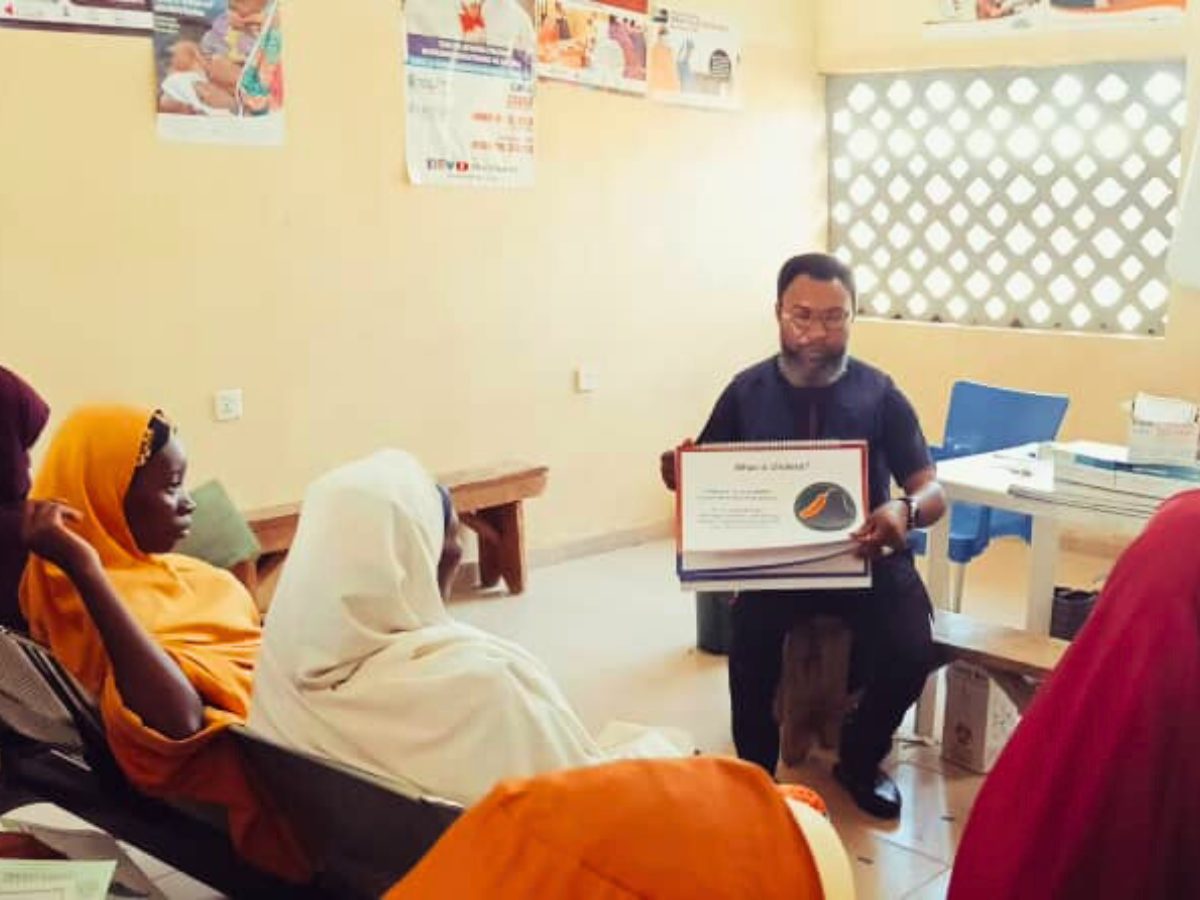The Sierra Leone government – including its ministries of health, agriculture, and environment – recently completed an ICAP-led assessment tool and training that are reshaping its approach to preventing zoonotic disease transmission between animals and humans. Now, Sierra Leone is bringing this knowledge to other countries in West Africa as part of an effort to disseminate and promote the assessment tool, and the critical need it fills for countries in the region.
In June 2023, a representative from Sierra Leone traveled to an Economic Community of West African States (ECOWAS) conference in Senegal with the mission of impressing upon participants the necessity and usefulness of the assessment process and its resulting overhaul of zoonotic disease surveillance policies and procedures.
“The tool brought out a lot of gaps and identified why our surveillance system was not effective,” said Joseph A. Bunting-Graden, MPHD, national One Health technical coordinator at Sierra Leone’s Ministry of Health and Sanitation.
Bunting-Graden said he emphasized the “smoothness” of the process to his colleagues from other countries. “All of those challenges were then distilled into actionable activities” as a result of the assessment process.
The assessment tool, or process, is called the Surveillance and Information Sharing Operational Tool, and was developed by the Food and Agriculture Organization (FAO), the World Health Organization (WHO), and the World Organization for Animal Health to give countries a way to assess their surveillance capabilities and to develop a plan for establishing and strengthening a coordinated surveillance system.
According to the U.S. Centers for Disease Control (CDC), over 60 percent of known infectious diseases in people are zoonotic – meaning they can spread between humans and animals – and 3 out of 4 new or emerging infectious diseases in humans comes from animals. Sierra Leone is particularly vulnerable to zoonotic diseases due to its geography and climate, and in recent years has been hit with outbreaks of the Ebola virus, Lassa fever, and rabies.
The recent COVID-19 crisis highlighted the urgent need for a surveillance and response system in Sierra Leone that can swiftly detect and respond to zoonotic outbreaks. Such a system, however, requires a high level of coordination and information sharing among authorities from the human, animal, and environmental health sectors.
In October 2021, ICAP began working with the government to conduct an in-depth assessment of the country’s current surveillance and information sharing system for zoonotic diseases that culminated in a five-day, intensive workshop with stakeholders from all three sectors. The exercise produced a detailed report that laid out not only critical gaps in zoonotic disease surveillance in Sierra Leone, but also specific policy proposals and an operational roadmap for solving them. The government has adopted those policies and begun taking action on them. The initiative is being undertaken with support from the U.S. CDC.
The Sierra Leone assessment revealed serious gaps in effective and coordinated surveillance and information-sharing systems, particularly at the subnational and local levels. Many of those gaps included a lack of standardized operational procedures for identifying and responding to infectious outbreaks, and limited data sharing across the animal, human, and environmental health sectors.
“For us to be able to control zoonotic diseases, we must work with the minister of agriculture, the minister of health, and also the minister of environment,” said Eric Ikoona, technical director for ICAP in Sierra Leone, explaining the importance of the assessment tool. “You have to look at their policy guidelines, you have to look at their tools, you have to look at their capacities in terms of human resources, you have to look at other resources. For example, to collect data for surveillance, how are they reporting that data? You have to look at those systems starting from the community level to the district level and to the national level.”
About ICAP
A major global health organization that has been improving public health in countries around the world for two decades, ICAP works to transform the health of populations through innovation, science, and global collaboration. Based at Columbia Mailman School of Public Health, ICAP has projects in more than 40 countries, working side-by-side with ministries of health and local governmental, non-governmental, academic, and community partners to confront some of the world’s greatest health challenges. Through evidence-informed programs, meaningful research, tailored technical assistance, effective training and education programs, and rigorous surveillance to measure and evaluate the impact of public health interventions, ICAP aims to realize a global vision of healthy people, empowered communities, and thriving societies. Online at icap.columbia.edu







